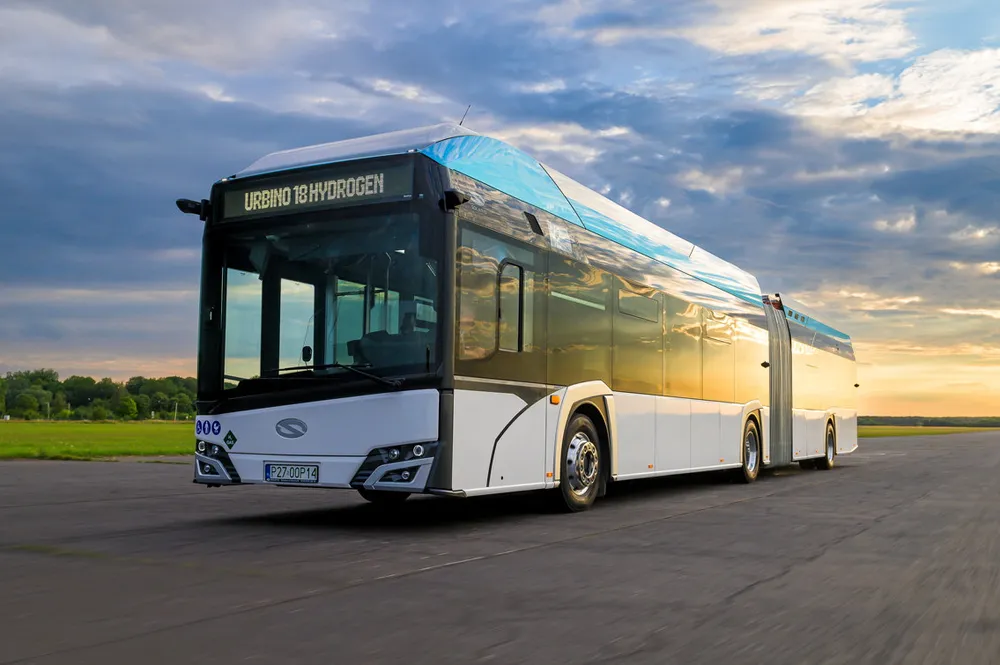German public transport company orders 52 hydrogen buses for €30m after rejecting battery-electric models
Rebus Regionalbus Rostock says it aims to eventually replace all 170 of its diesel buses with fuel-cell vehicles

Rebus Regionalbus Rostock says it aims to eventually replace all 170 of its diesel buses with fuel-cell vehicles
